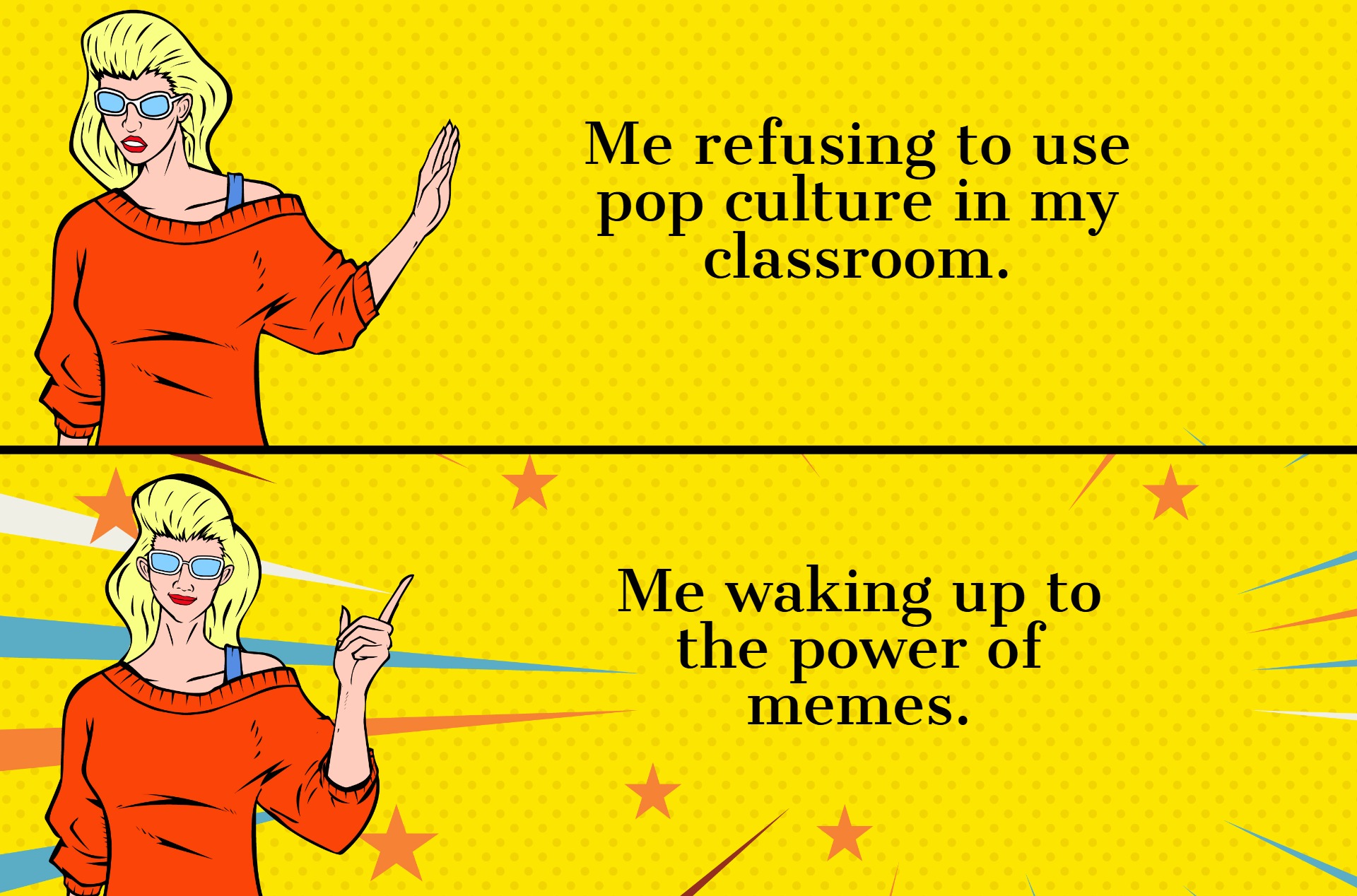How to break the email curse
You didn’t come into academia to do email: use this acrostic tool to attain R-E-D-E-M-P-T-I-O-N and break its hold over you.

We all deserve more time to do the right academic work. Whether more research, more reading, more writing, or more work for students. But the only way to do this is to contain our other work. The work that gets in the way. And there’s no bigger curse in academia than email.
A necessary but incessant impediment to the work we really dream of – email is the “work means” that has become the “work end.” Whether you are more active in teaching, research, or administration, email consumes precious time and energy you never get back.
And how do we usually handle the email curse? We lament on insufficient time, hope other people will somehow send less, have anxiety build up as unanswered emails grow in our inbox, or damage our reputations by handling email poorly. Most often – we ignore the brute reality that managing email properly is an important and learnable skill that if not done well, prevents you from focusing enough on your truly most important work.
How then to break the email curse? To master email rather than email mastering you? From research, we propose R-E-D-E-M-P-T-I-O-N.
Ruthlessly unsubscribe
- Over time, we subscribe to too many mailing lists. From newsletters to journals to marketing. Don’t constantly scroll past or delete subscription emails ad infinium, instead: stop hording, and unsubscribe ruthlessly. The subscriptions you retain can’t be “just-in-case” but must be “hell yeahs.”
Etiquette and clarity is key
- Respect matters, especially in tone-deaf textual form. Collegial salutations, full sentences, and even basic punctuation are often missing from emails. Remember that a workplace email is not the same genre as a text message to your friend. Etiquette and clarity is important and appreciated by others, and will ultimately affect the success of the message you are trying to convey.
“Do” email, don’t “check” it
- The act of repeatedly “checking” your email is both mindless and unnecessary when you can’t actually act on the email. Instead, block dedicated time in your schedule, to sit and “do” your email. Focus on each email and force yourself to “only touch it once” (see below).
Every email is not equal
- We all tend to respond to non-urgent emails too quickly. This paradoxically only intensifies norms and expectations for quicker general response times. We often feel internal pressure to respond quickly to more emails, but what is truly needed versus expected? Liberate workplace expectations – agree to realistic appropriate response times for normal versus urgent emails collectively. Set new, longer norms for non-urgent emails that work better for everyone.
Make subject lines and the subject clear
- Take a tip from the military: structure your subject lines as short, systematic, and clear. For example, use “ACTION”; “INFO”; “DECISION” along with four or five words to summarize. Write this subject line with the swamped recipient in mind.
- Emails shouldn’t be mini-whodunit novels – with the main point only at the end or hidden in the middle. Instead, state your intended action, information, or decision right at the email’s start. Add detail or context after. Moving the purpose of the email from its end to its start, makes it much simpler for recipients to comprehend quickly and accurately.
Pause, don’t send
- The best email choice is frequently to send no email. While useful, email is often not the only or best way to communicate, decide, or share information. Before you send your next email, pause to think: is there a better option? A phone call, text, or even nothing? If we all wish to receive fewer emails, no responses can be a positive thing.
- And, while gratitude is important, do not feel obliged to reply, or especially reply-all a “thank you.” Blessed in academia are those who choose to send less email.
Templates & filters are your friend
- For outgoing email, use email templates if you send the same types of emails often. This is easy, but seldom done. Modify as needed to personalize them.
- And, for incoming email, use email filters to automatically sort the email into folders on arrival. If you get many emails, consider a proprietary email management system. Through artificial intelligence these systems learn your sorting preferences better over time. Dedicated folders can be set up for emails you are just copied on or from more distant contacts. Set certain emails to show in your inbox on set days of the week or be sent back to you on a date or time you choose to “do” your email.
Inbox: File and purge
- Avoid the never-ending inbox. Eyeing a jumble of 3,547 emails in your inbox would give even a Zen master palpitations. Creating a basic file structure allows incoming email to be easier to find later. To start, move all your emails in your inbox to an archive folder and start fresh. Just go for it! Emptying your inbox is a great foundation to improving your email practices. Few things in academic life will yield more positive emotions so easily.
Only touch each email once
- When you “check” email, you touch the same email repeatedly. Instead, adopt the touch-it-once approach to “do” your email: immediately file, delete, or respond to each. You also don’t need to do your email in the order it was received. With limited time take a quick scan and do your priority emails first.
Never unnecessarily “Reply all”
- It’s great for you that you’re not available for lunch Thursday, or next week for the faculty meeting. But the other 40 people copied on the email don’t want or need to know. Don’t listlessly click “reply all” to group emails, reply only to the person or people who must know. Remember: every time you choose not to “reply all,” you save each person copied a few seconds of effort. Is there a greater gift to your colleagues than more time and energy?
While we can’t fully opt out of email in our work, we can always choose to improve our email practices. Whether you care more about getting better at email or getting better at the work email stops you doing, we all need R-E-D-E-M-P-T-I-O-N to break the email curse.
Featured Jobs
- Canada Excellence Research Chair in Computational Social Science, AI, and Democracy (Associate or Full Professor)McGill University
- Psychology - Assistant Professor (Speech-Language Pathology)University of Victoria
- Veterinary Medicine - Faculty Position (Large Animal Internal Medicine) University of Saskatchewan
- Education - (2) Assistant or Associate Professors, Teaching Scholars (Educational Leadership)Western University
- Business – Lecturer or Assistant Professor, 2-year term (Strategic Management) McMaster University
















Post a comment
University Affairs moderates all comments according to the following guidelines. If approved, comments generally appear within one business day. We may republish particularly insightful remarks in our print edition or elsewhere.